Apple has just struck what could be its most significant business arrangement in China, and it may reshape how the company approaches one of its most crucial markets. The tech giant recently completed a landmark partnership with Tencent that opens up billions in previously untapped revenue (https://inews.zoombangla.com/apple-secures-billions-in-neasdfas/). It follows more than a year of complex negotiations (according to industry sources) (https://inews.zoombangla.com/apple-secures-billions-in-neasdfas/), a long runway for a major shift in the world's largest smartphone market.
The arrangement centers on payment processing for WeChat's mini-app ecosystem on iPhones throughout China, as reported by multiple sources (https://inews.zoombangla.com/apple-secures-billions-in-neasdfas/). Here is the needle it threads: Apple's walled-garden model asks that all transactions run through its payment system. Yet most iPhone users in China tap services inside WeChat instead of downloading standalone apps from the App Store, industry analysis shows (https://inews.zoombangla.com/apple-secures-billions-in-neasdfas/).
Why this deal matters more than typical partnerships
This is not just another business arrangement, it is Apple adapting its fundamental business model to local market realities. The company will collect a 15% commission on WeChat mini-app transactions, exactly half of Apple's standard 30% App Store fee (sources familiar with the agreement confirm) (https://inews.zoombangla.com/apple-secures-billions-in-neasdfas/). Half the cut, twice the chance to participate.
The financial implications are staggering. WeChat's mini-game ecosystem alone is projected to reach 60 billion RMB, approximately 8.4 billion dollars, this year (according to market research) (https://apple.gadgethacks.com/news/apple-tencent-deal-could-unlock-2b-wechat-revenue-stream/). In just the first half of 2024 it generated 16.603 billion yuan, a 61% year-over-year increase, industry data reveals (https://apple.gadgethacks.com/news/apple-tencent-deal-could-unlock-2b-wechat-revenue-stream/).
The user engagement numbers are equally striking. Mini-games within WeChat have reached 1 billion total users, with 500 million monthly active participants, platform statistics show (https://apple.gadgethacks.com/news/apple-tencent-deal-could-unlock-2b-wechat-revenue-stream/). That audience was spending, but Apple could not touch the revenue. Until now.
What Apple gains from playing by different rules
Bloomberg estimates this partnership could generate billions of dollars annually for Apple (according to financial projections) (https://inews.zoombangla.com/apple-secures-billions-in-neasdfas/). When you consider that Apple's total App Store revenue was estimated at 25.8 billion dollars in fiscal 2023, industry reports indicate (https://apple.gadgethacks.com/news/apple-tencent-deal-could-unlock-2b-wechat-revenue-stream/), this WeChat arrangement could represent a significant boost to the company's services revenue, potentially adding 8 to 10 percent to Apple's total App Store earnings.
Here is the real strategic win: Apple gains official recognition for Tencent's mini-app ecosystem while establishing a foothold in Chinese mobile commerce patterns (as confirmed by financial analysts) (https://inews.zoombangla.com/apple-secures-billions-in-neasdfas/). It positions Apple to benefit from China's unique digital behavior instead of fighting it.
The timing could not be more critical for Apple's China strategy. The company has been facing declining iPhone sales in the region, with sales dropping 11.1% in the most recent quarter, market data shows (https://techcrunch.com/2025/02/25/apples-developer-service-comes-to-chinas-wechat/). This is largely due to increased competition from local manufacturers like Oppo and Huawei, according to industry analysis (https://techcrunch.com/2025/02/25/apples-developer-service-comes-to-chinas-wechat/).
What is particularly noteworthy is how this deal enables Apple to monetize user engagement patterns it could not previously capture. Rather than trying to shoehorn Western app habits into China, Apple is adapting its revenue model to fit established local preferences, a pragmatic shift that could influence how the company approaches other international markets.
How WeChat's ecosystem changes everything
To see why this matters, start with WeChat's grip on daily life in China. The platform functions as an all-in-one solution where users chat, pay bills, hail taxis, and shop without ever leaving the app (user behavior studies confirm) (https://www.analyticsinsight.net/tech-news/apple-vs-wechat-insights-from-super-app-showdown-in-platform-wars).
WeChat's mini-programs, lightweight applications that run entirely within the chat platform, offer extensive functionality without requiring separate downloads, platform documentation shows (https://www.analyticsinsight.net/tech-news/apple-vs-wechat-insights-from-super-app-showdown-in-platform-wars). This approach has attracted more than 400,000 developers to the platform, with over 80% being small teams of fewer than 30 people, developer statistics reveal (https://longportapp.com/en/news/213723794).
Look at the scale. Over 240 mini-games generated quarterly revenue exceeding tens of millions of yuan (according to platform data) (https://longportapp.com/en/news/213723794). For both WeChat and Tencent, mini-games represent a high-margin business that plays a critical role in sustaining the platform's ecosystem, financial analysis indicates (https://kr-asia.com/wechat-stays-on-iphones-as-tencent-and-apple-spar-over-minigame-revenues).
The key difference for Apple is simple. Users are not downloading individual apps and paying through Apple's system, they access services through these lightweight mini-programs and complete transactions through integrated payment methods. A seamless experience that used to bypass Apple's revenue model entirely.
The broader implications for Apple's global strategy
The implementation will roll out gradually to developers, according to sources familiar with the timeline (https://inews.zoombangla.com/apple-secures-billions-in-neasdfas/). A careful ramp, not a flip of a switch.
Apple has been building a comprehensive WeChat presence beyond just payment processing. The company launched its Developer service on the platform, providing news, announcements, and information about upcoming activities that were previously only available through Apple's website and Developer app, service documentation shows (https://techcrunch.com/2025/02/25/apples-developer-service-comes-to-chinas-wechat/). On top of that, Apple operates an online store through WeChat's mini-programs, selling iPhones, iPads, and Macs to the platform's 1.2 billion users, e-commerce data confirms (https://www.investopedia.com/apple-opens-stores-on-wechat-7558956).
PRO TIP: This multi-pronged approach, developer services, e-commerce, and now payment processing, shows Apple is treating WeChat less like a competitor and more like a critical infrastructure partner in China, similar to how it works with major carriers or retail chains in other markets.
Bottom line: Apple is building a comprehensive business relationship with WeChat that acknowledges the platform's central role in Chinese digital commerce, rather than trying to compete against or circumvent it.
What this means for the future of mobile ecosystems
This partnership signals a significant shift in how major tech platforms might need to operate globally. Rather than imposing a one-size-fits-all approach, Apple is demonstrating that success in diverse markets may require adapting core business models to local digital ecosystems, a lesson that could apply to emerging super-app markets in Southeast Asia, India, or Latin America.
The deal also highlights the growing importance of super-app ecosystems like WeChat, where multiple services are consolidated into a single platform, platform analysis shows (https://www.analyticsinsight.net/tech-news/apple-vs-wechat-insights-from-super-app-showdown-in-platform-wars). As AI and augmented reality technologies continue to evolve, the lines between different types of platforms may blur even further, technology trend research indicates (https://www.analyticsinsight.net/tech-news/apple-vs-wechat-insights-from-super-app-showdown-in-platform-wars), potentially creating similar integration challenges and opportunities in other markets.
For developers and businesses operating in China, this arrangement provides much-needed clarity about how to navigate both Apple's ecosystem and WeChat's platform simultaneously. The revenue-sharing model, while still being finalized in its details, offers a framework that both companies can work within, negotiation sources confirm (https://longportapp.com/en/news/213723794).
Here's what you need to know: The success of this partnership could establish a template for how Apple approaches similar arrangements in other markets where local platforms dominate user behavior. It represents a pragmatic acknowledgment that global success sometimes requires local adaptation, even for a company as influential as Apple.
The key takeaway is that this signals Apple's evolution from a company that demands markets adapt to its ecosystem, to one that's willing to adapt its ecosystem to capture value in the world's most important markets. As super-apps and AI-driven platforms become more prevalent globally, we may see Apple apply similar flexibility in regions where local digital behaviors differ significantly from Western patterns.







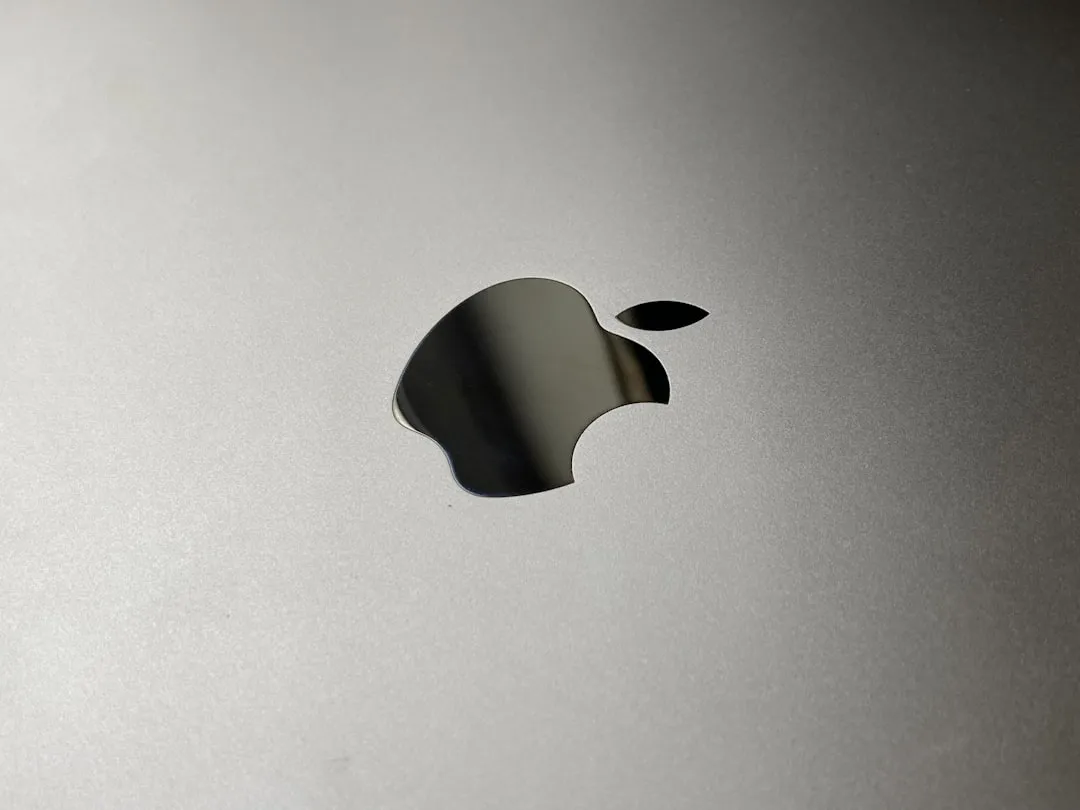

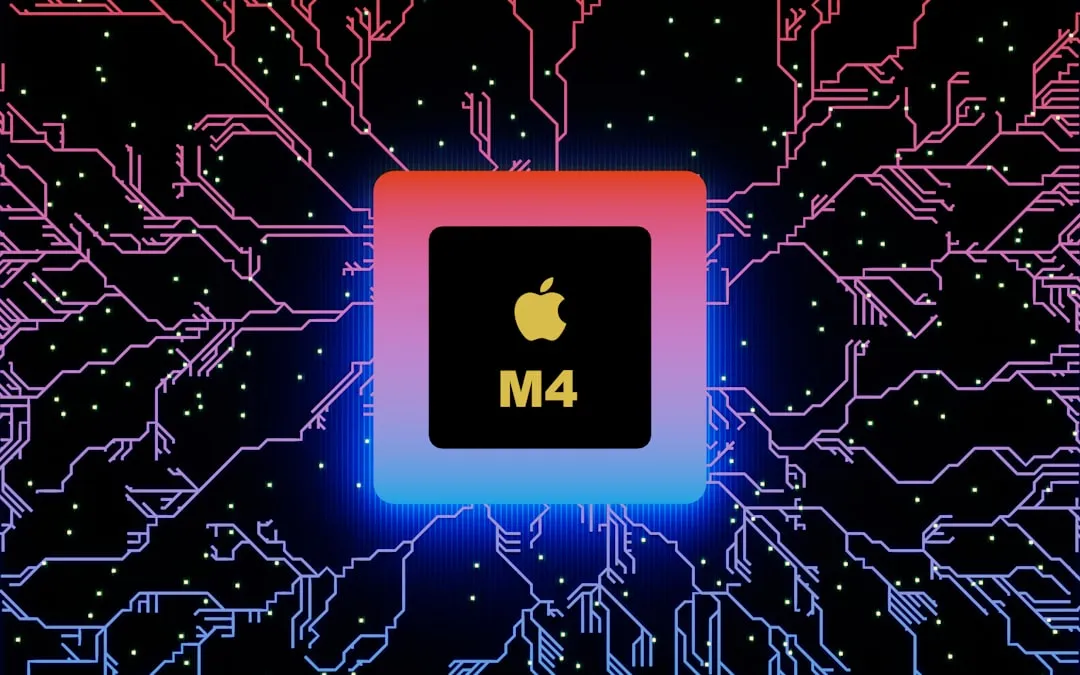




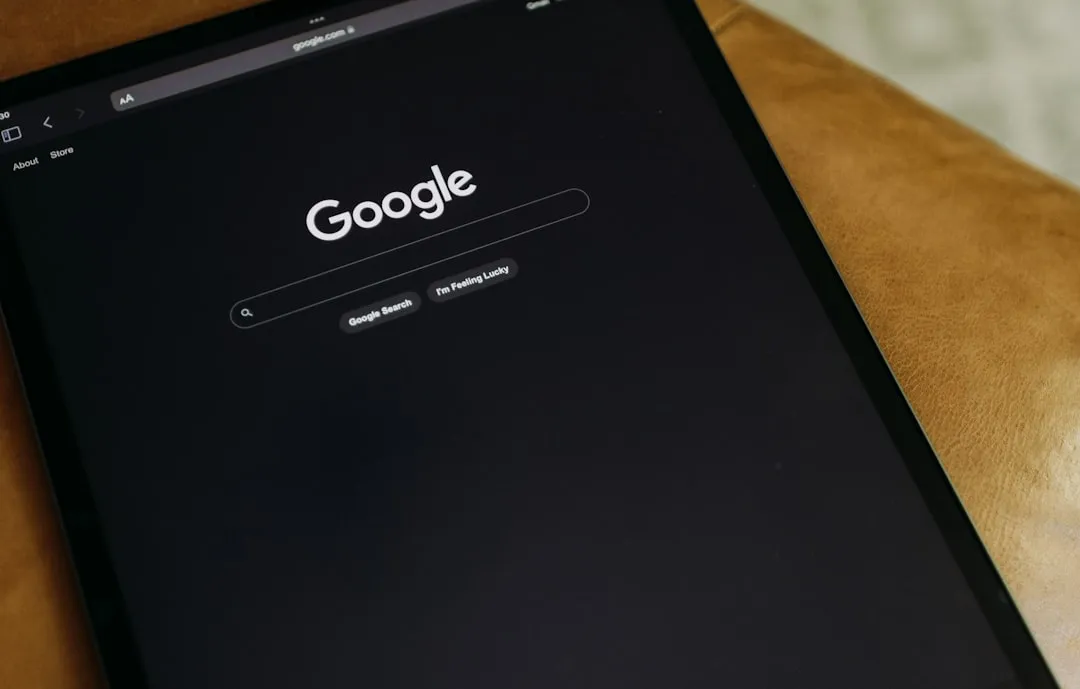

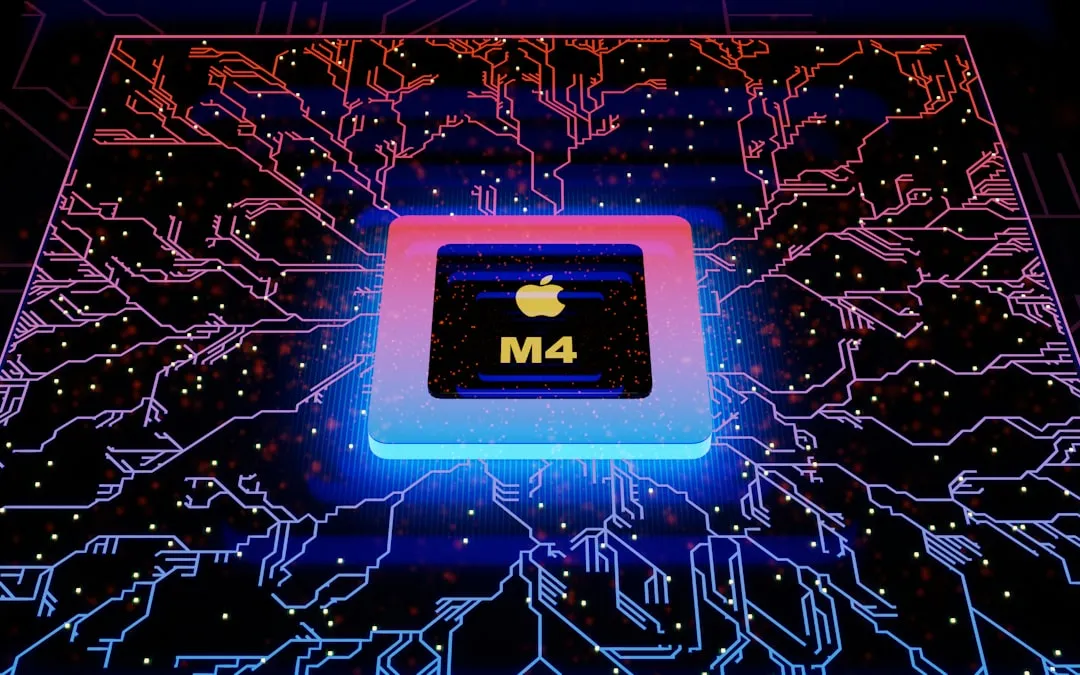

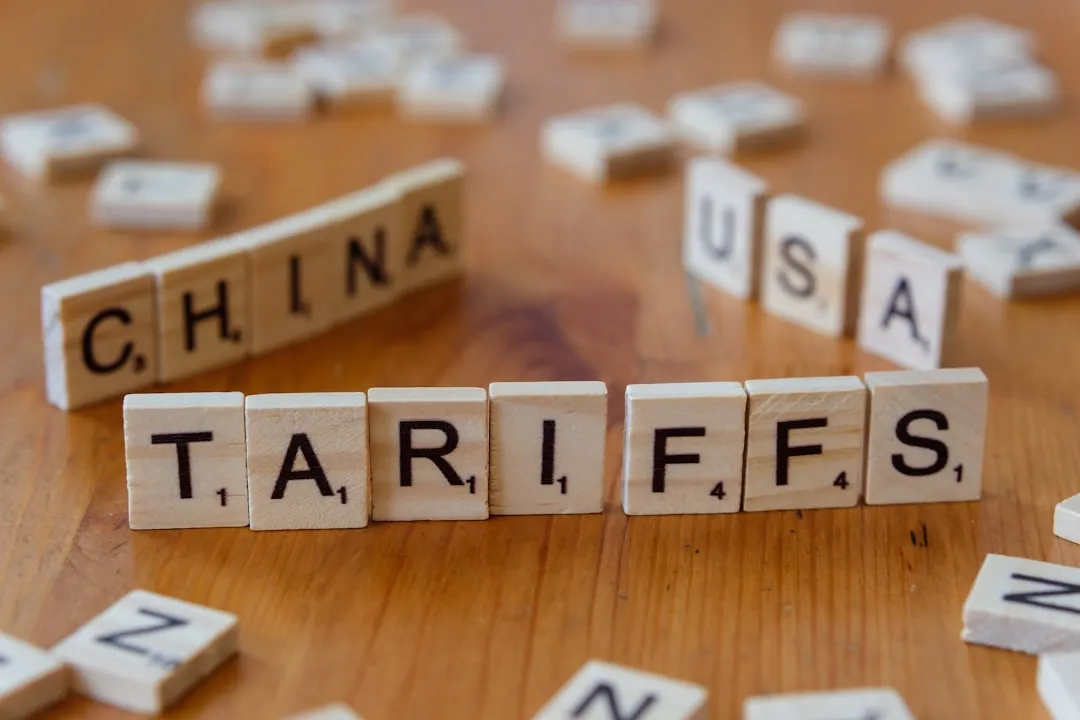
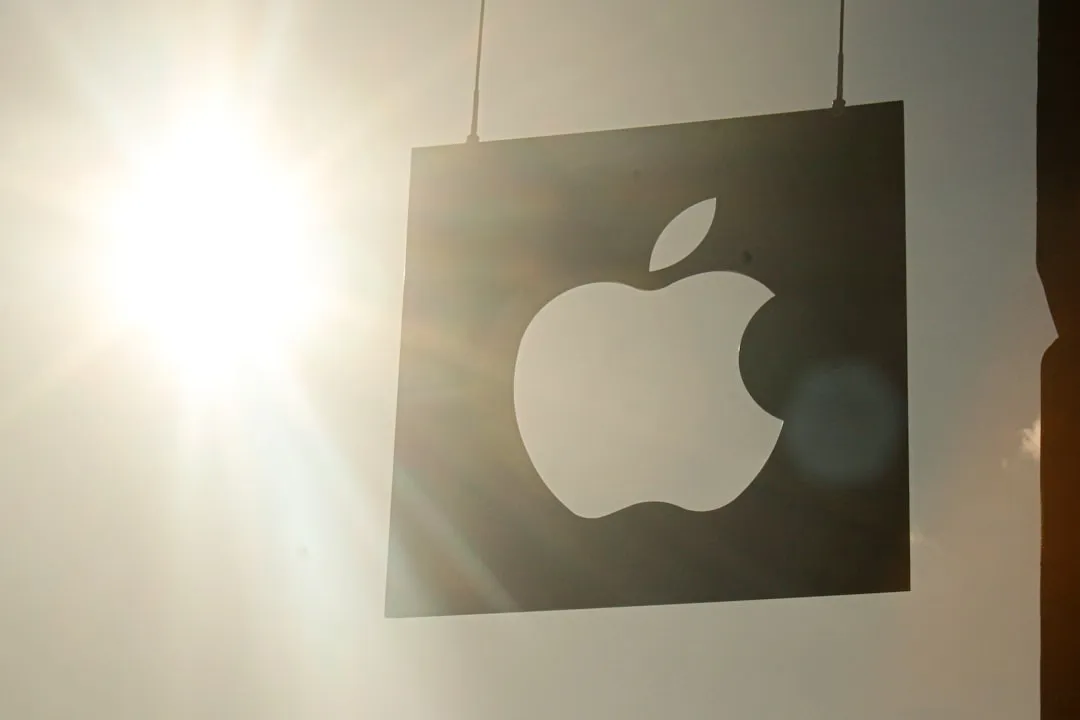
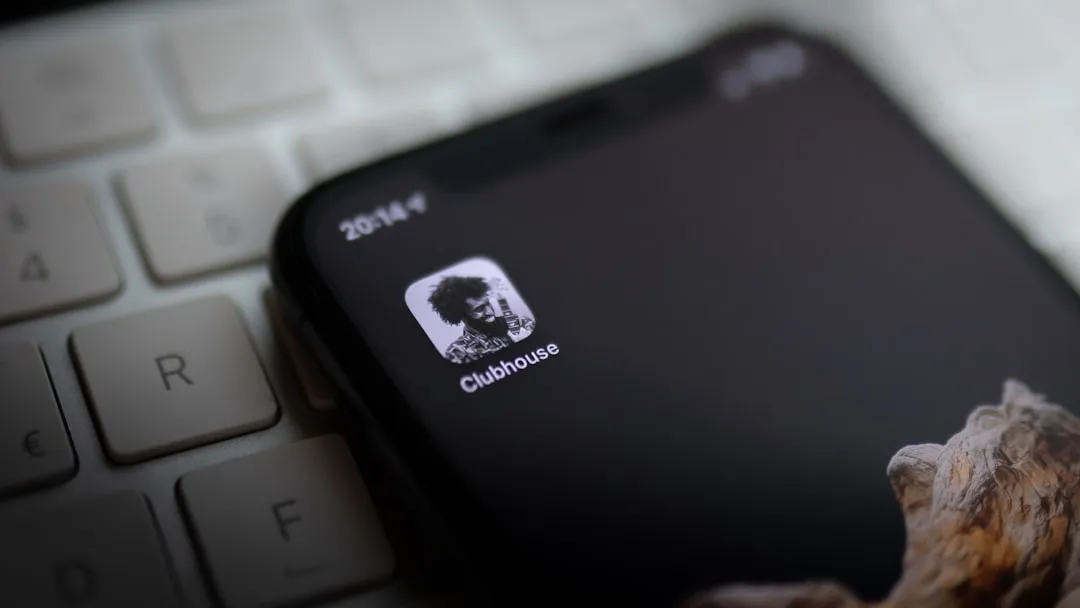


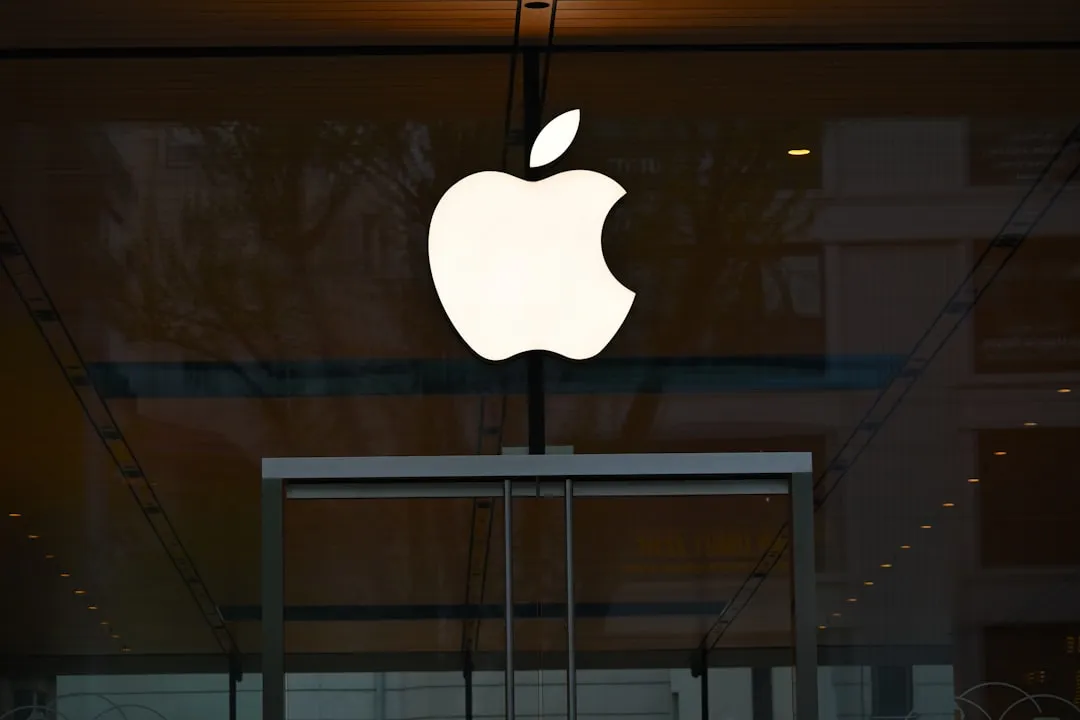

Comments
Be the first, drop a comment!